In this article, we will explore what exactly gilsonite asphaltum is, its various uses, and the benefits it offers to different industries. Gilsonite asphaltum is a naturally occurring solid hydrocarbon resin that is found in few locations around the world, with the largest known deposit located in the Uinta Basin in Utah, United States. It is formed from the remains of ancient plants and organic matter that were subjected to high temperatures and pressures over millions of years. The result is a shiny black substance with a high carbon content and a unique molecular structure. One of the primary uses of gilsonite asphaltum is in the construction industry.

.
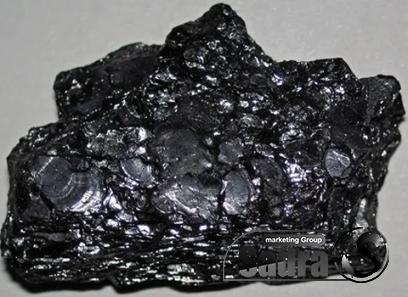 Its exceptional properties make it an ideal additive for asphalt and bitumen production. When added to asphalt mixtures, it enhances the resistance to deformation and improves the overall durability and longevity of the pavement. The addition of gilsonite asphaltum also reduces the need for frequent maintenance and repairs, saving both time and costs for road construction projects. Its superior bonding properties make it suitable for industrial applications such as roof coatings and waterproofing materials.
Its exceptional properties make it an ideal additive for asphalt and bitumen production. When added to asphalt mixtures, it enhances the resistance to deformation and improves the overall durability and longevity of the pavement. The addition of gilsonite asphaltum also reduces the need for frequent maintenance and repairs, saving both time and costs for road construction projects. Its superior bonding properties make it suitable for industrial applications such as roof coatings and waterproofing materials.
..
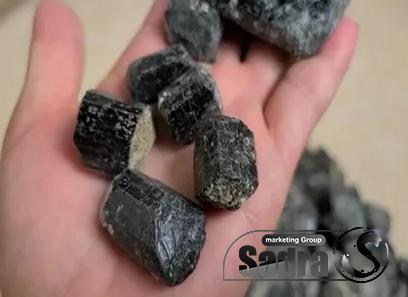 Apart from its use in the construction industry, gilsonite asphaltum also finds applications in various other fields. It is used as a binder in foundry molds and cores due to its high carbon content and low sulfur content, which helps improve the performance of castings. Its unique properties make it an excellent additive in the manufacturing of inks, paints, and coatings as well, providing increased gloss, durability, and resistance to UV rays. Additionally, gilsonite asphaltum is also utilized in the drilling industry. Its excellent sealing and lubrication properties make it an essential component in drilling fluids and muds, reducing friction and facilitating the drilling process. It also helps prevent the loss of drilling fluids into porous formations, therefore maintaining well integrity.
Apart from its use in the construction industry, gilsonite asphaltum also finds applications in various other fields. It is used as a binder in foundry molds and cores due to its high carbon content and low sulfur content, which helps improve the performance of castings. Its unique properties make it an excellent additive in the manufacturing of inks, paints, and coatings as well, providing increased gloss, durability, and resistance to UV rays. Additionally, gilsonite asphaltum is also utilized in the drilling industry. Its excellent sealing and lubrication properties make it an essential component in drilling fluids and muds, reducing friction and facilitating the drilling process. It also helps prevent the loss of drilling fluids into porous formations, therefore maintaining well integrity.
…
 One of the major advantages of gilsonite asphaltum is its environmentally friendly nature. Being a natural mineral, it does not contain any harmful substances or toxins, making it a safer alternative to synthetic materials. Its production also has a lower carbon footprint compared to other additives and binders, aligning with the growing emphasis on sustainability and eco-consciousness. In conclusion, gilsonite asphaltum is a versatile mineral with a wide range of applications across various industries. Its unique properties make it an excellent additive for asphalt production, enhancing durability and reducing maintenance. It finds applications in foundry molds, coatings, inks, and drilling fluids, among others. Furthermore, its natural and eco-friendly nature adds to its appeal. As more industries discover the benefits of gilsonite asphaltum, its demand is likely to continue to grow.
One of the major advantages of gilsonite asphaltum is its environmentally friendly nature. Being a natural mineral, it does not contain any harmful substances or toxins, making it a safer alternative to synthetic materials. Its production also has a lower carbon footprint compared to other additives and binders, aligning with the growing emphasis on sustainability and eco-consciousness. In conclusion, gilsonite asphaltum is a versatile mineral with a wide range of applications across various industries. Its unique properties make it an excellent additive for asphalt production, enhancing durability and reducing maintenance. It finds applications in foundry molds, coatings, inks, and drilling fluids, among others. Furthermore, its natural and eco-friendly nature adds to its appeal. As more industries discover the benefits of gilsonite asphaltum, its demand is likely to continue to grow.
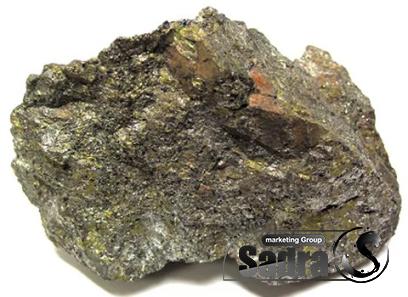
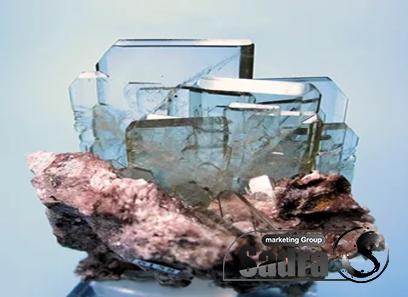
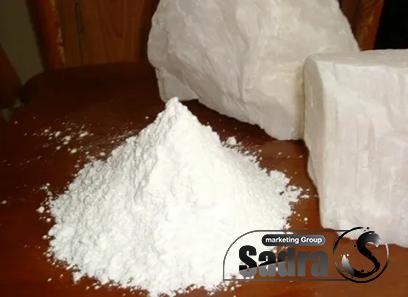

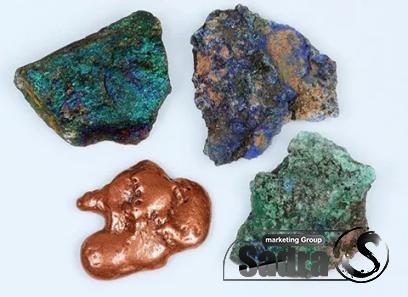
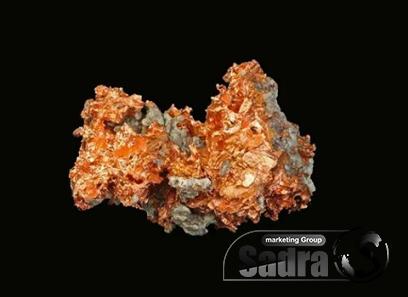
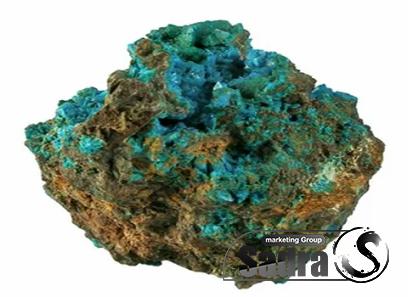

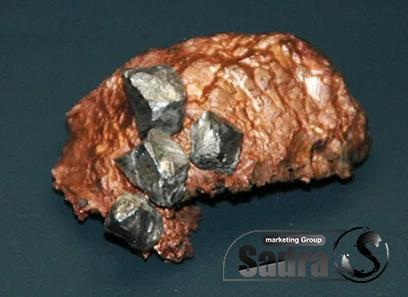
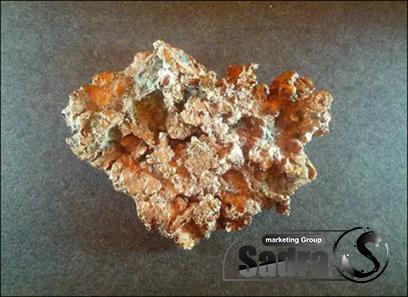
Your comment submitted.